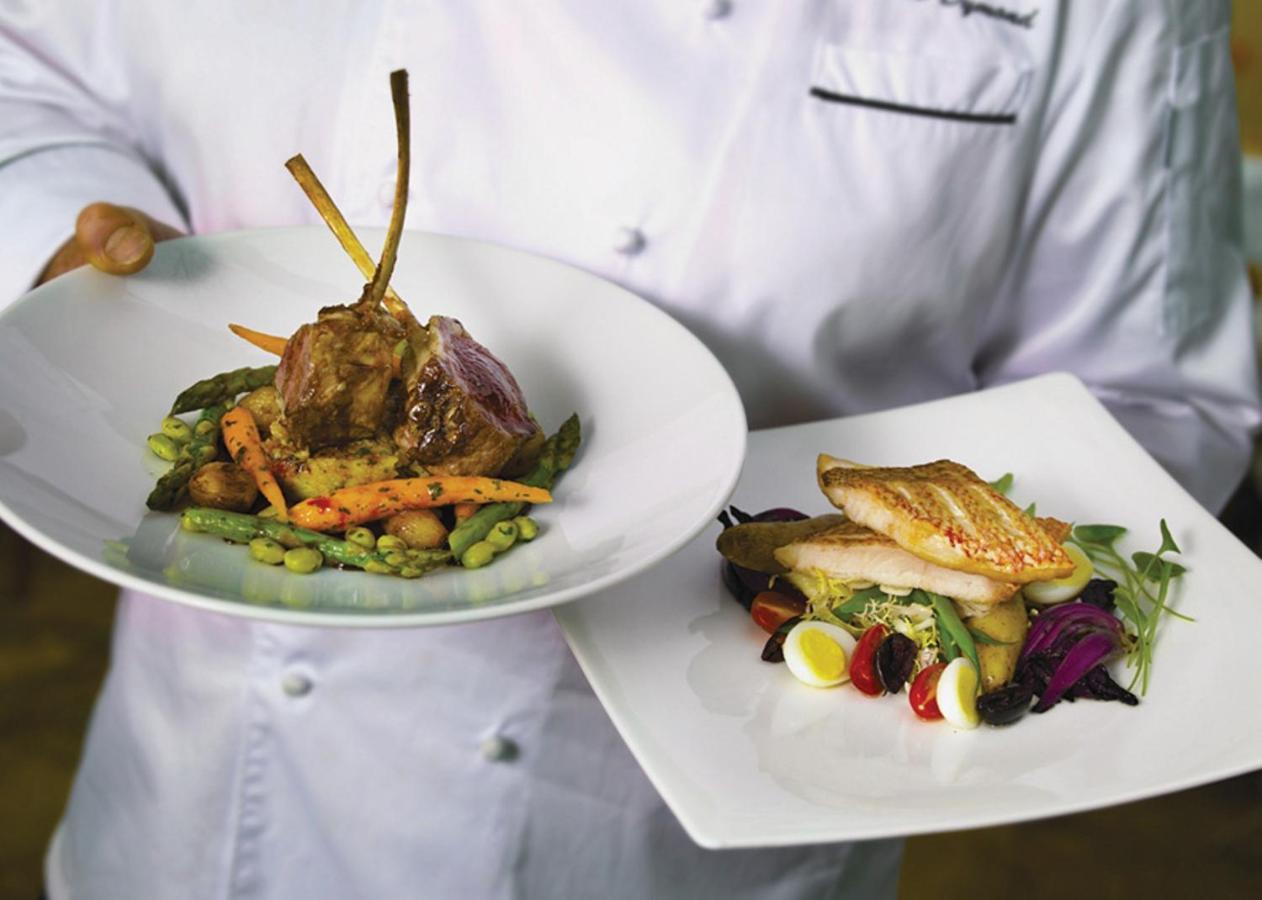Embarking on an international culinary adventure is an exciting prospect, but nothing can damper your travel experience like a food poisoning bout. Experiencing local cuisine is an integral part of exploring a new destination, and with a few precautions, you can savour the flavours without falling victim to an upset stomach. Here’s a comprehensive guide on how to avoid food poisoning while travelling internationally.
Research Local Cuisine and Dining Practices
Before you set foot in a new destination, take some time to research the local cuisine and dining customs. Understanding how food is prepared, what ingredients are commonly used, and how meals are served can help you make informed choices. Online travel forums, blogs, and guidebooks are valuable resources for gathering insights into the local food scene.
Choose Reliable Eating Establishments
Opting for well-established restaurants, street food stalls with long lines, or places recommended by locals can significantly reduce the risk of foodborne illnesses. Popular eateries often have a reputation for maintaining high hygiene standards, and locals are likely to guide you toward establishments with a track record of safe and delicious meals.
Stick to Cooked and Boiled Foods
Choose cooked or boiled foods over raw or undercooked options when in doubt. Heating food to high temperatures kills harmful bacteria and parasites, reducing the likelihood of contamination. Enjoying hot soups, stews, grilled meats, and fully cooked dishes can add a layer of safety to your dining experience.
Avoid Tap Water and Ice Cubes
Contaminated water is a common source of foodborne illnesses in many countries. Always opt for bottled or filtered water and steer clear of ice cubes unless you are sure they were made with safe water. Remember that fruits and vegetables washed in contaminated water can also pose a risk, so choose peeled or properly cooked produce when possible.
Practice Safe Food Handling Habits
While you can’t control the kitchen practices, you can take steps to minimize your risk. Wash your hands thoroughly before eating, or use hand sanitizer if soap and water are not available. Additionally, consider carrying a pack of disposable wipes to clean utensils and surfaces if needed.
Trust Your Senses
Use your senses to assess the freshness and cleanliness of the food and the environment. If a dish smells off, looks undercooked, or if the restaurant appears unsanitary, trust your instincts and choose another option. Your senses are powerful tools in evaluating the safety of the food you’re about to consume.
Be Cautious with Street Food
While street food can offer some of the most authentic and delicious culinary experiences, it also carries a higher risk of contamination. To minimize the risk, choose vendors with a high turnover of customers, observe the cleanliness of their cooking utensils, and ensure that food is cooked thoroughly before consumption.
Carry a Traveler’s First Aid Kit
Prepare for the unexpected by packing a small first aid kit with essentials such as antidiarrheal medication, rehydration salts, and over-the-counter remedies for stomach upset. Prompt treatment can alleviate symptoms and prevent your travel plans from being derailed by illness.
Stay Informed about Local Health Advisories
Before you travel, check for any health advisories or warnings related to food safety at your destination. Government health websites and travel advisories can provide valuable information on potential risks and precautions for the region you’re visiting.
In conclusion, enjoying international cuisine doesn’t mean risking your health. By being vigilant, practicing good hygiene, and making informed choices, you can savour the diverse flavours of your destination without the unpleasant side effects of food poisoning. Stay adventurous and cautious, making your culinary journey a delightful and memorable experience.



